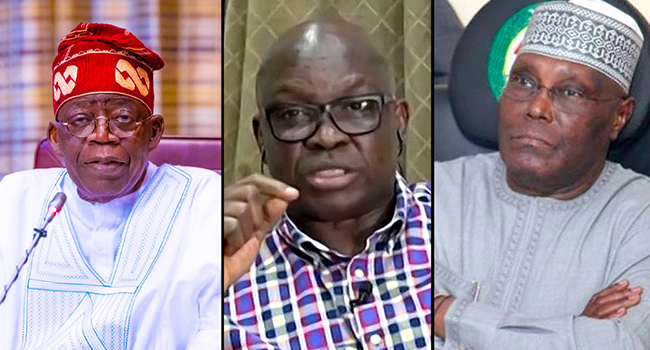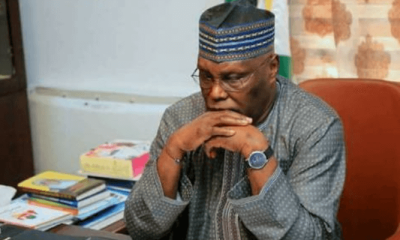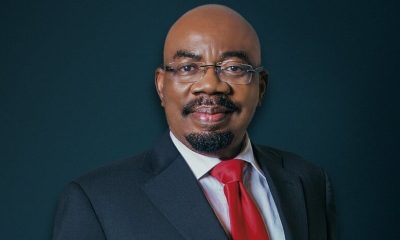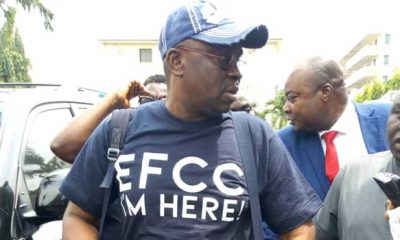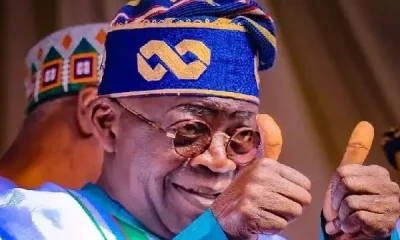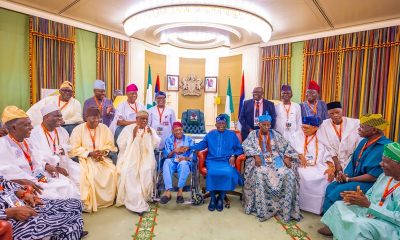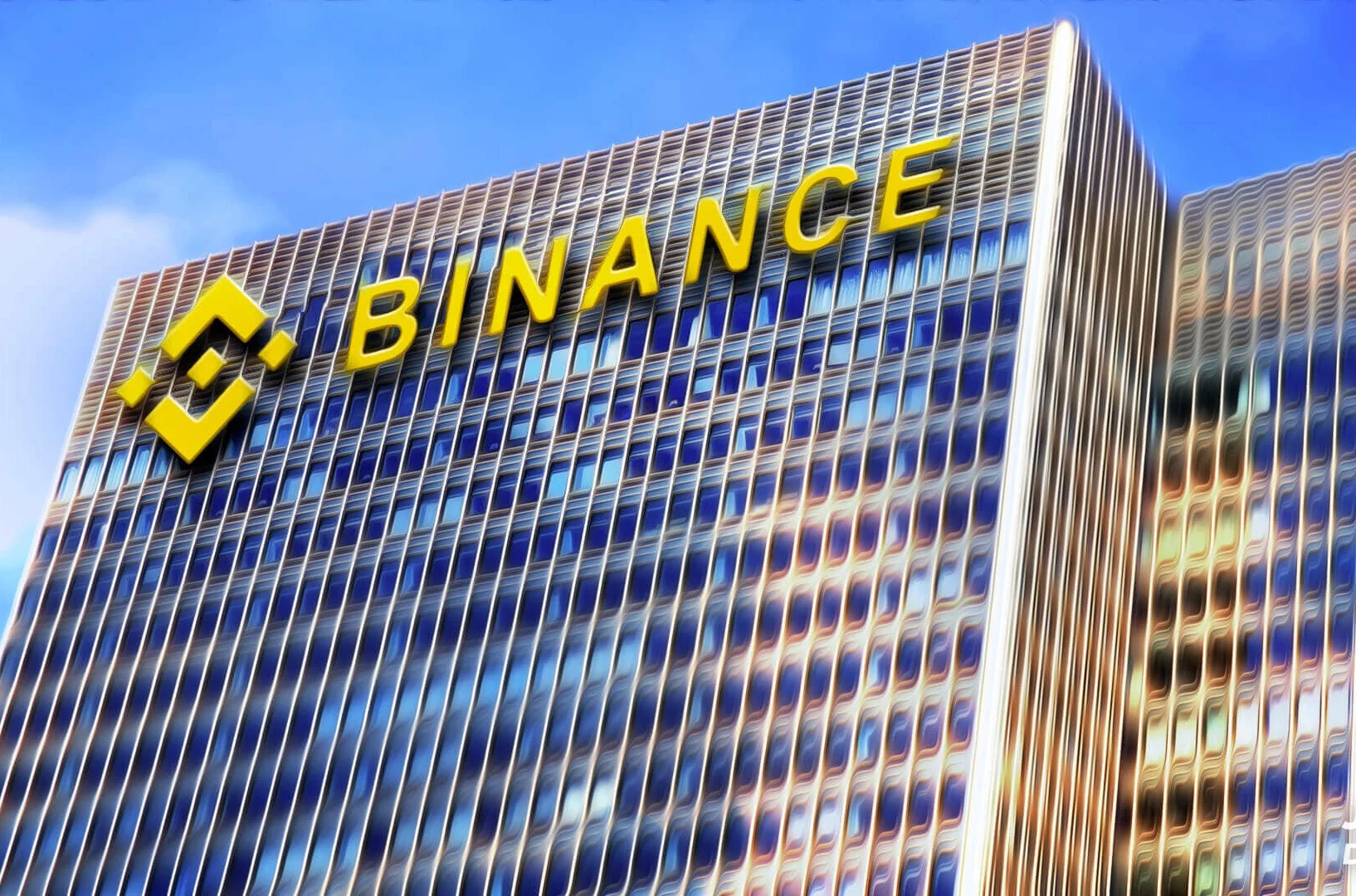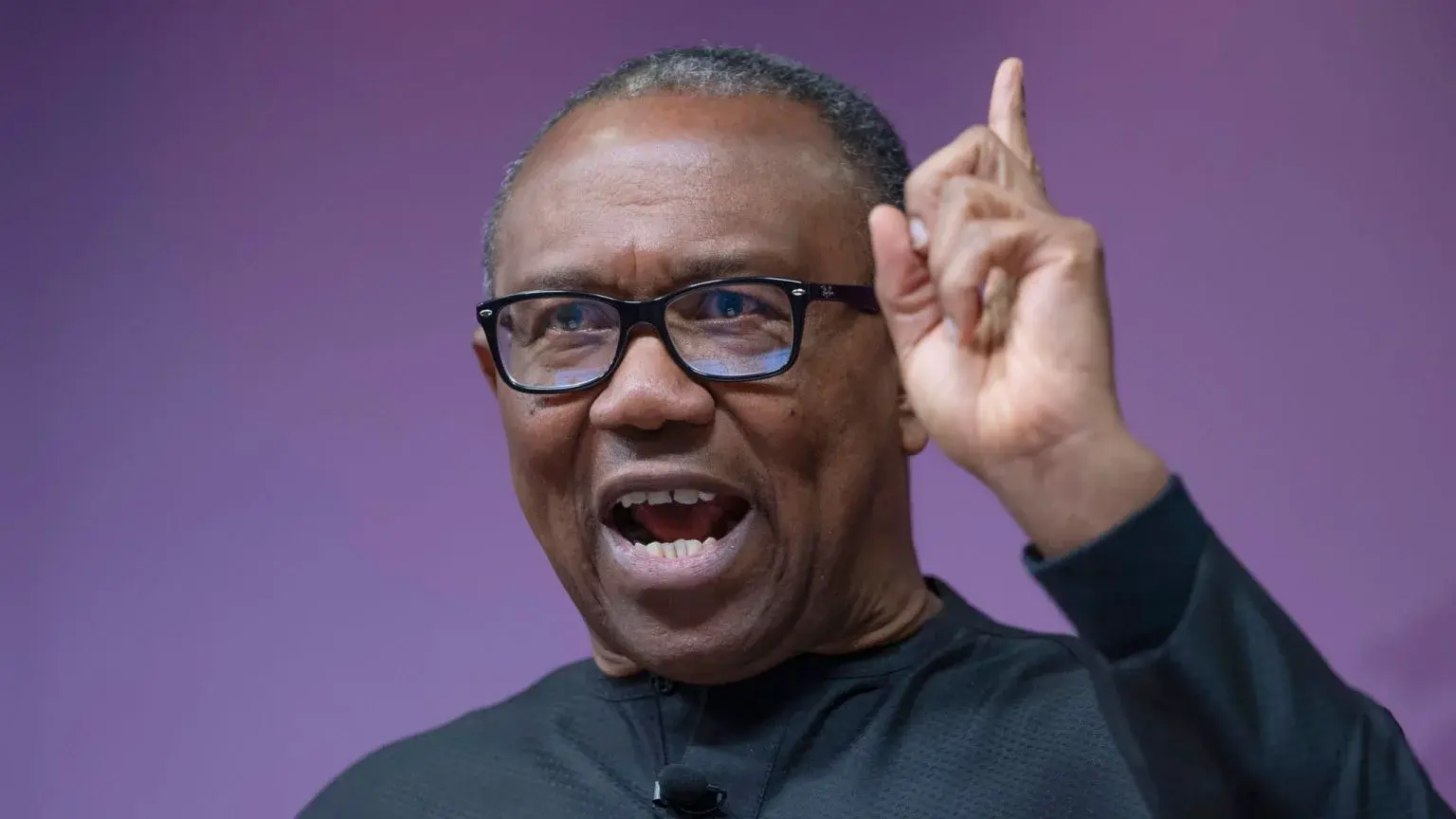Ayodele Fayose, former Governor of Ekiti State, has disclosed that he worked against the presidential candidate of his party, Atiku Abubakar, in the February 25, 2023 election.
Fayose, who is a chieftain of the Peoples Democratic Party (PDP), revealed that he worked against Atiku “100%” because the “PDP has not been fair to me”.
The PDP stalwart said he worked for the victory of the flag bearer of the All Progressives Congress (APC), Bola Tinubu, in Ekiti in the last general elections.
“I never worked for PDP during the last election. I cannot work for two people at the same time,” he said on Channels Television’s Sunday Politics programme.
“The reality is that I worked for Asiwaju (Tinubu). He is a respectable person from the South-West. It is the time of the South.”
‘PDP Suspended My Son And I’
Fayose, who met the President at Aso Villa in Abuja, on Thursday, July 6, 2023, expressed his grievances with the PDP, saying that the party suspended him and his son, Oluwajomiloju, despite that he has “suffered tremendously for PDP”.
“The same PDP, because I said it was the turn of the South, removed my son, suspended my son, expelled my son, suspended me. For a man that has suffered tremendously for PDP?” he queried.
The ex-governor, and member of an aggrieved group within the PDP known as the G5 or the Integrity Group, said his party played games with Nigerians by giving its presidential ticket to Atiku, an ex-Vice President who is from Adamawa State in North-East Nigeria.
Fayose argued that with the expiration of the two-term tenure of ex-President Muhammadu Buhari, who is also from the North, a Southern Nigerian should be the next President of the country.
Legal Threat
He vowed to sue the PDP if the party takes disciplinary actions against him for supporting Tinubu in the last elections.
“If PDP take action against me, I will take them to court,” the ex-governor stated. “If anybody suppresses my voice, I will say things more than this.”
Fayose further stated that his recent visit to the President was not connected to his court case with the Economic and Financial Crimes Commission (EFCC). “Tinubu has no power to stop EFCC trial,” he said of the case which has last five years.
The PDP stalwart said he won’t accept any ministerial position from the President. He urged Tinubu to apportion 40 percent of his cabinet members to people above 60 years of age and 70 years of age, 30 percent to women and 30 per cent to young people.
In the 2023 presidential election, Tinubu, a former governor of Lagos State trounced Atiku in Fayose’s Ekiti State. Tinubu won in all 16 Local Government Areas the state.
Tinubu also won in 11 other states out of Nigeria’s 36 states. He scored a total of 8,794,726 votes almost two million votes more than Atiku, who polled 6,984,520 votes, and the candidate of the Labour Party (LP), Peter Obi, who, secured 6,101,533 votes.

 News3 years ago
News3 years ago
 Entertainment2 years ago
Entertainment2 years ago
 News3 years ago
News3 years ago
 Privacy3 years ago
Privacy3 years ago
 Sports2 years ago
Sports2 years ago
 Entertainment2 years ago
Entertainment2 years ago
 News3 years ago
News3 years ago
 Opinion3 years ago
Opinion3 years ago
